Senior Hamas official: We hope truce would be extended for longer period
A senior official of the Palestinian resistance movement Hamas says he hopes the existing truce with Israel, which has brought about a lull in the regime's genocidal war against the Gaza Strip, would be extended for a longer period of time.
Khalil al-Hayya, a member of the Hamas' Political Bureau made the remark in an interview on Monday.
The four-day truce entered into force on Friday, following about seven weeks of Israel's devastating war on the blockaded Palestinian territory, and has been already extended for two days past its expiry on Monday.
"We hope that we could extend the truce for a longer period of time," al-Hayya told Qatar-based Al Jazeera television network.
His remarks came after earlier the same day, Hamas said in a statement that it had agreed to the extension after talks with Qatar and Egypt, and the truce will be extended under the initial terms of the agreement.
Gaza's Government Media Office said in a report on Monday that more than 15,000 Palestinians were killed in Israel's genocidal war before the truce took effect. It added that the figure included 6,150 children and 4,000 women, with more than 33,000 others injured.
The regime began its latest act of aggression against Gaza on October 7 following an operation by the territory's resistance groups in response to decades of Israel's crimes and violence against Palestinians.
The truce deal also included a prisoner swap agreement between Hamas and Israel, which mandated the release of 50 Israeli captives in exchange for 150 Palestinian prisoners, all of them women and children.
Prior to Monday, 39 Israeli captives and 117 Palestinian prisoners were released in three phases under the swap agreement. In addition, Hamas has also released 19 foreign nationals.
"This mechanism will continue during the next two days to hand over 10 Israelis in exchange for 30 Palestinians," the Hamas official said.
"We seek to enter into a new deal that goes beyond [the release of just] women and children," al-Hayya said, adding, "A new deal related to other groups [of Palestinian prisoners] could be reached after the exchange of women and children is completed."
Besides its incessant and indiscriminate bombardment of Gaza during the war, Israel cut off the flow of basic supplies, such as water, electricity, medicines, and fuel into one of the world's most densely-populated territories that houses over two million Palestinians.
The truce agreement was also supposed to enable transfer of humanitarian aid to the coastal territory, especially its northern part, which has seen the most intense of Israel's brutal attacks.
Al-Hayya complained that "there has been a failure and delay in delivering aid to northern Gaza during the past days, and we hope that this will change."
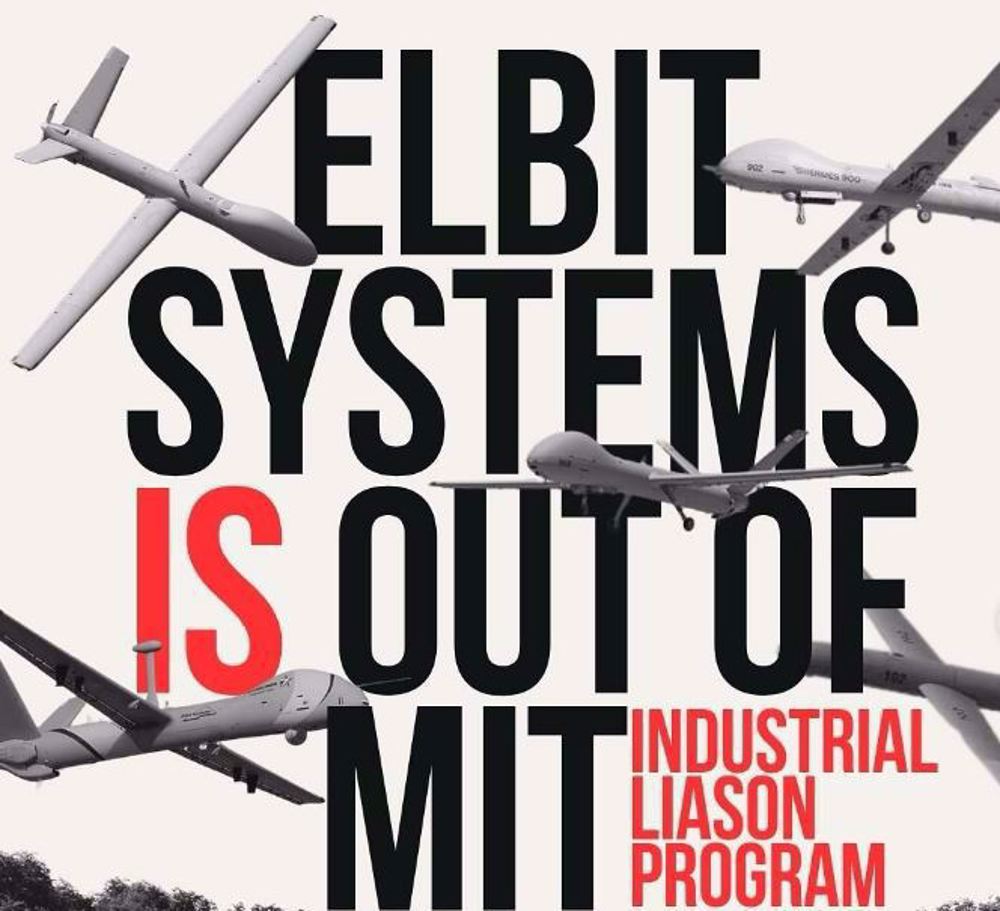
MIT forced to cut ties with Israeli weapons maker Elbit Systems
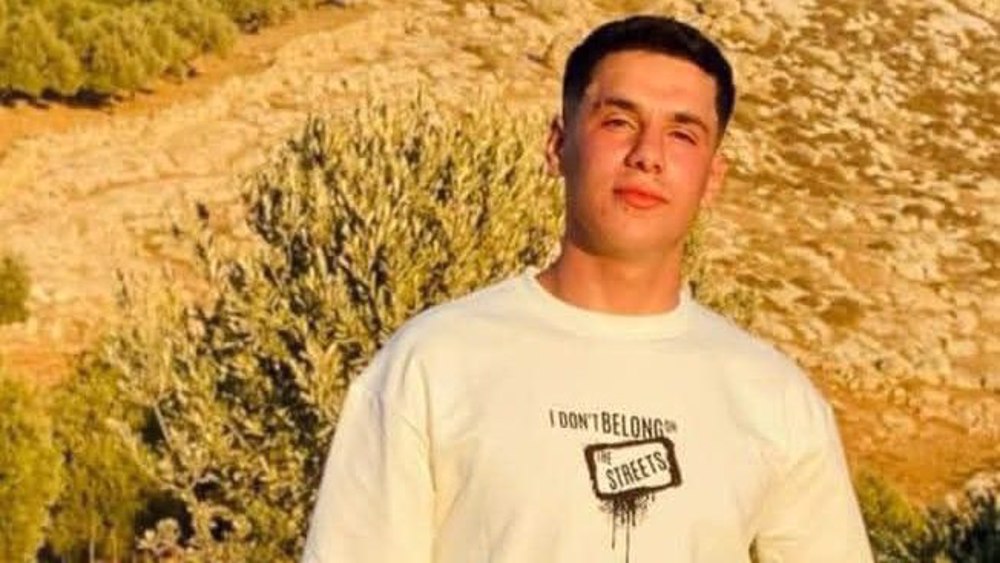
Israeli forces kill Palestinian teenager in occupied West Bank
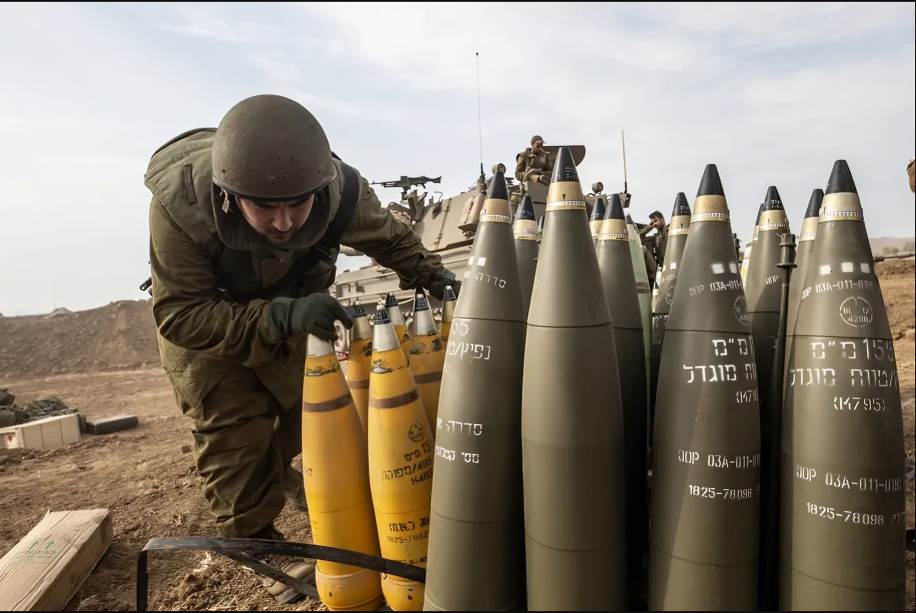
Spain granted 46 contracts to Israeli military firms since Gaza war began: Report
Putin orders emergency planes to Iran after blast at port of Bandar Abbas
Pezeshkian arrives at port blast site to monitor response operations
VIDEO | Press TV's news headlines
Betar US: America's new face of Zionist terrorism and the darker rebirth of Kahanism
‘More serious than before’: Iran-US talks enter critical phase amid hope and caution
Pezeshkian’s visit to Baku heralds new order in South Caucasus
VIDEO | Eight killed, six injured after car rams into crowd at Vancouver Filipino festival
Keffiyeh-wearing Jewish woman assaulted by pro-Israel mob in New York


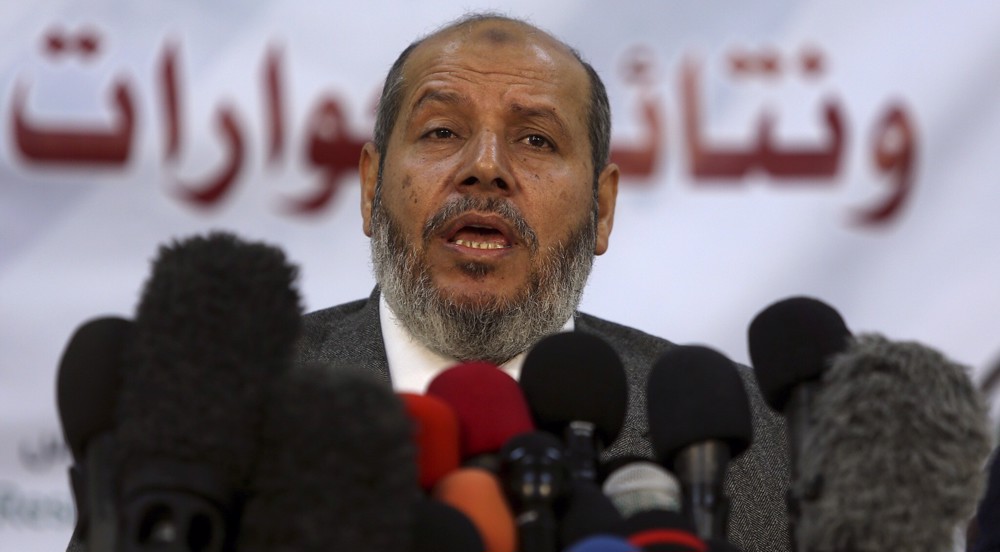
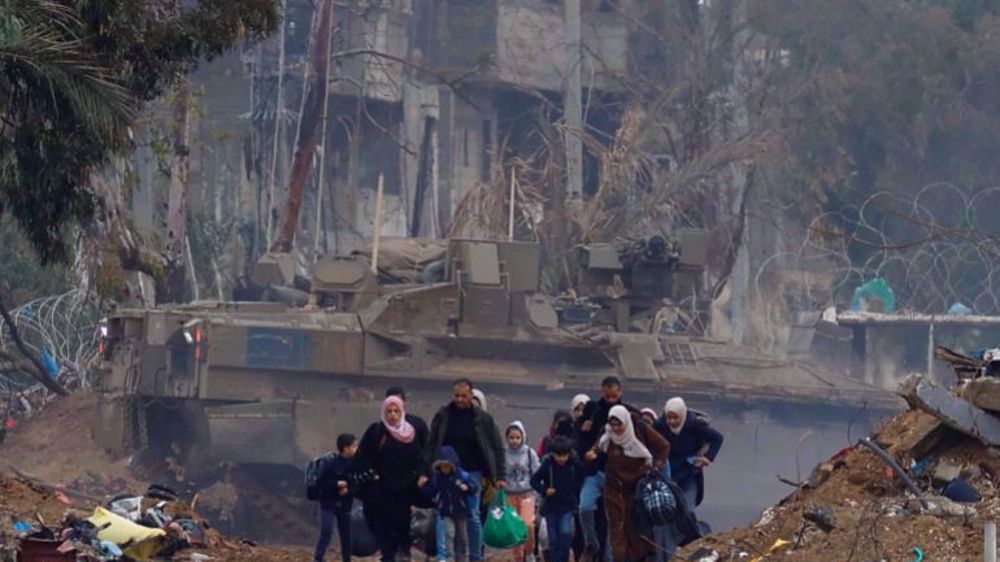
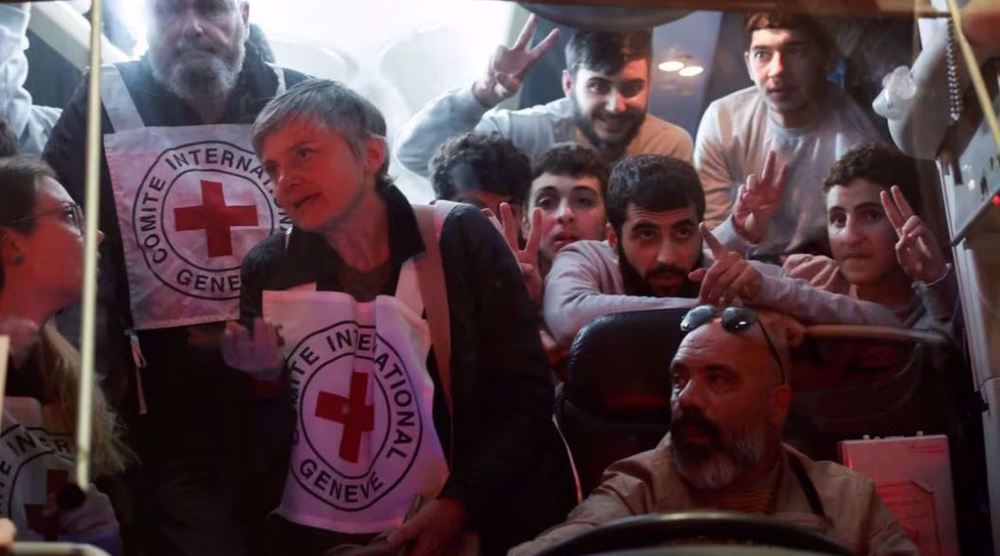



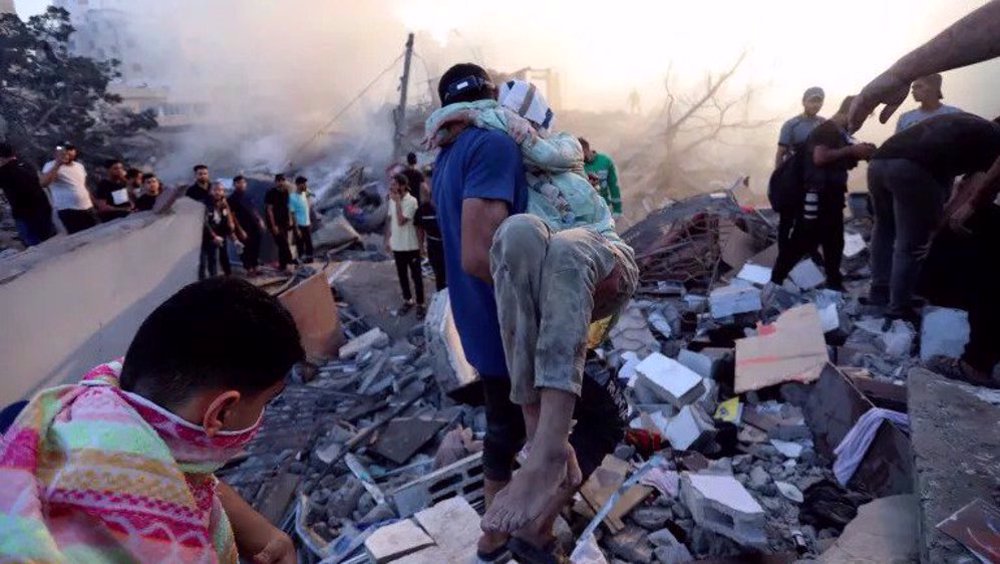
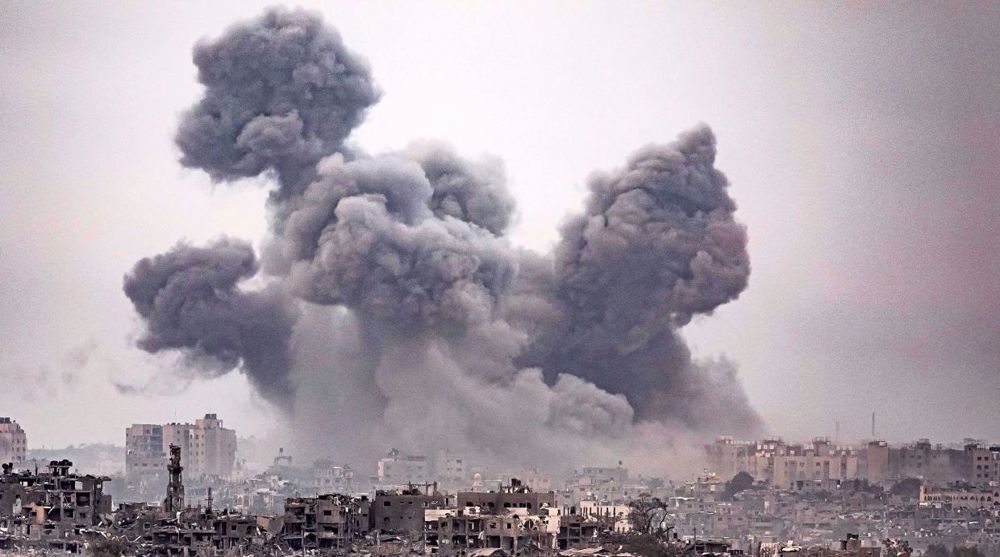
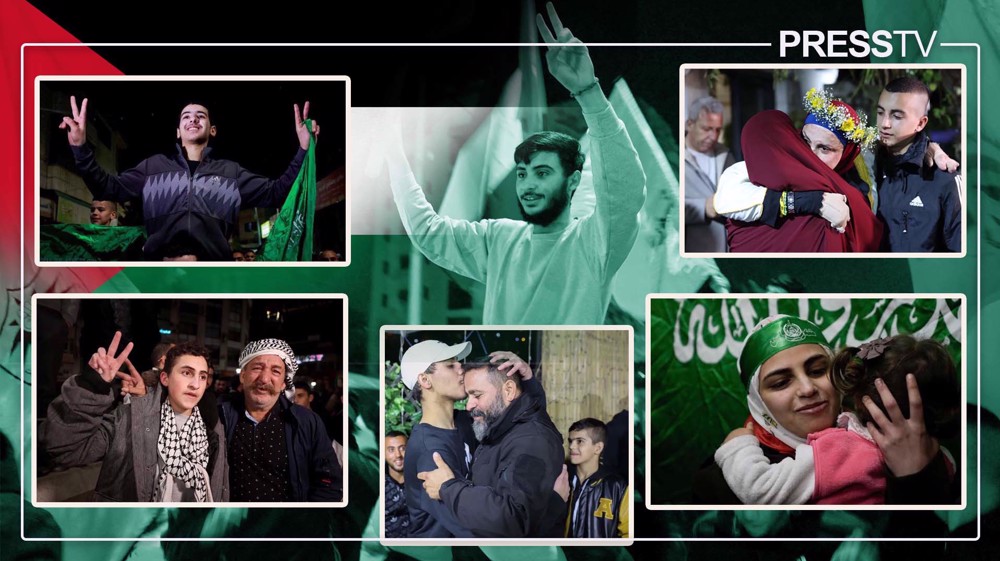

 This makes it easy to access the Press TV website
This makes it easy to access the Press TV website